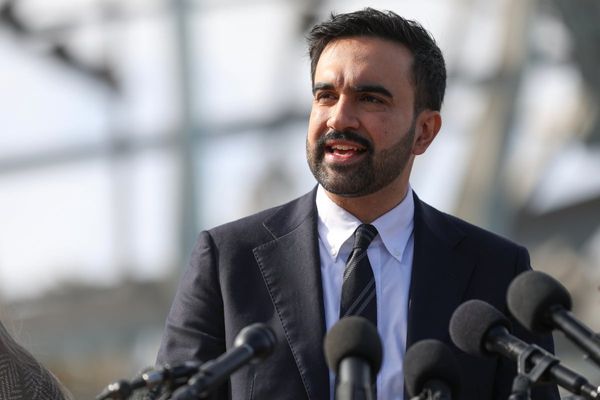
For June, The Trust Factor is investigating the role of trust in the world of sustainability, highlighting how trust influences ESG investment, uncovering how to spot greenwashing, and why techno-utopianists have faith we will adapt to climate change.
After vacuuming in over $640 billion of fresh investment in 2021, the world of environment, social, and governance (ESG) financing suffered a crisis of confidence last year as the industry endured criticism from all sides.
ESG advocates lamented that industry metrics don’t go far enough, glossing over important aspects of sustainable developments, while opponents alternately claimed ESG funds were either “woke” distractions or deceitful lip service. In 2022, inflows into ESG funds tumbled 76% to $157 billion.
According to consultancy firm EY, rebuilding trust in ESG requires a revamp of the “information exchange ecosystem” surrounding the industry.
“The information ecosystem represents different stakeholders in the industry but when it comes to the challenges in sustainability reporting, the distrust is more around the definition of ESG,” Katie Kummer, EY global deputy vice chair for public policy says.
Kummer says there is “no one definition of ESG” and that discrepancy causes confusion, which leads to distrust. Kummer points to the incident last year when Dow Jones removed Tesla from its S&P 500 ESG index, prompting ire from the EV maker’s owner and fans who noted that the index still credited oil major Exxon with inclusion.
But, as has been reported, the supposed hypocrisy in an ESG fund downgrading an EV maker while maintaining an oil producer isn’t hypocrisy at all. Tesla was removed for falling short on the S and G aspects of ESG compared to its peers, while Exxon, supposedly, excels in areas its peers suffer from.
“ESG is currently used interchangeably with ‘sustainability’ or ‘environment,’ which is wrong,” Kummer says. Even where ESG ratings are considering environmental factors, there’s a major discrepancy between rankings that measure a company’s exposure to climate-related risk and those that measure the net impact a company’s operations have on the environment.
To rebuild trust, there needs to be more clarity and education around what the term ESG actually means, and, to that end, Kummer says there needs to be greater uniformity in standards and regulations. Naturally, the world is divided on how best to measure these things.
The EU’s Corporate Sustainability Reporting Directive requires ESG disclosures to provide “double materiality,” meaning companies must account for both how the changing climate affects their finances and how their operations affect the climate. The forthcoming disclosure regulations from the U.S. Securities and Exchange Commission focus on single materiality, covering just how the climate affects a company’s financial prospects.
But global consistency is taking shape.
The G20-backed International Financial Reporting Standards (IFRS) body has issued guidelines for reporting on climate disclosures that should, Kummer says, provide a reliable “baseline” for standards across much of the world. The U.S. and the EU might set more challenging requirements, but will still surpass that baseline.
The IFRS requires firms under its jurisdiction, which covers 167 regions worldwide, to implement its sustainability reporting standards starting January 2024, which is when Kummer says investors will start seeing greater consistency in ESG reports.
“Consistency and transparency of disclosures can build trust,” Kummer says. So, perhaps when that consistency starts next year, ESG inflows will begin to rise again.
Eamon Barrett
eamon.barrett@fortune.com







